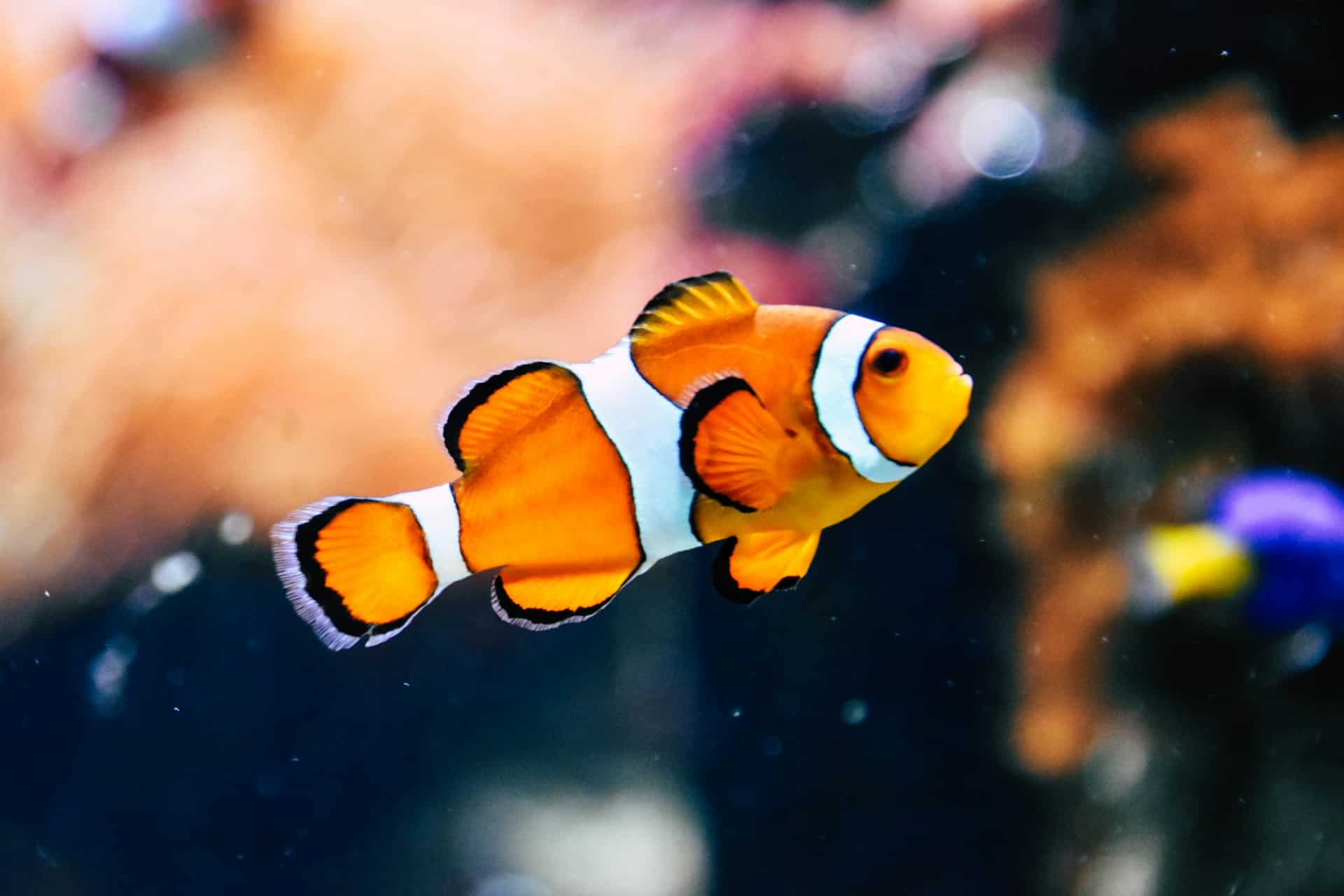Preventing diseases in aquarium fish

As aquarium enthusiasts, you know that maintaining the health of your fish is paramount. A myriad of diseases can plague your aquarium if not taken care of properly. Understanding the common diseases, their causes and possible treatments will help you keep your aquarium healthy. This comprehensive guide will provide information about common diseases, the importance of water quality, common infections, and how to maintain the health of your freshwater fish.
Understanding Common Fish Diseases
When it comes to keeping fish in an aquarium, the first line of defense in preventing diseases is understanding what they are. Among the most common diseases that can affect your fish include Ich, skin parasites, bacterial infections, and other health conditions related to poor water quality.
A lire en complément : Basic puppy care
Ich, also known as white spot disease, is a parasitic disease that is common in freshwater fish. This disease is visible as small white spots on the fish’s skin, fins, and gills. If left untreated, Ich can cause severe damage and eventually lead to death.
Skin parasites are another common disease in aquarium fish. Often caused by poor water quality, these parasites can cause visible changes in the fish’s skin and behavior.
Sujet a lire : How to Effectively Train a Dog to Assist with Hearing Impairments?
Bacterial infections are also common in aquarium fish. These infections can affect different parts of the fish, including the skin, gills, and internal organs.
By gaining a thorough understanding of these diseases, you’ll be more equipped to detect and address them should they arise in your aquarium.
Importance of Water Quality in Preventing Diseases
Water quality is arguably the most critical aspect of maintaining a healthy aquarium. Many diseases and infections in fish are a direct result of poor water quality. If the quality of the water in your tank is compromised, it can lead to a host of issues including bacterial growth, parasites, and other infections.
Regular testing of the water in your aquarium is crucial. This includes testing for pH level, ammonia, nitrate, and nitrite levels. Keeping these levels within the appropriate range will help keep your fish healthy and disease-free.
Ensuring proper filtration and frequent water changes is another essential aspect of maintaining water quality. Filters help remove waste, toxins, and any harmful particles from the water. Regular water changes will help maintain the right balance of beneficial bacteria, which aids in preventing diseases.
Dealing With Parasitic Infections
Parasitic infections can be quite common in aquarium fish. These infections often stem from food sources or new fish introduced into the tank without proper quarantine. One of the most common parasitic infections is Ich, characterized by small white spots on the skin of the fish.
Should a parasitic infection occur, it’s important to take swift action. Many over-the-counter treatments are available to combat common parasites. In some cases, increasing the temperature of the aquarium water can help, as some parasites cannot survive at higher temperatures.
Remember, prevention is always better than cure. Proper feeding, quarantining new fish, and maintaining water quality can all help in preventing parasitic infections.
Identifying and Treating Bacterial Infections
Bacterial infections can be severe if not identified and treated promptly. These infections can cause a variety of symptoms, including changes in behavior, discoloration, bloating, and in some cases, death.
When it comes to bacterial infections, rapid treatment is key to preventing the spread of the disease. There are several treatments available, including antibiotics that can be added to the aquarium water or directly to the fish’s food.
Again, prevention is crucial. Maintaining clean water, feeding your fish properly, and regular observation can help prevent the onset of bacterial infections.
Maintaining Overall Health of Freshwater Fish
The overall health of your freshwater fish is dependent on a variety of factors, including water quality, diet, and stress levels.
A balanced diet is crucial, as it provides the necessary nutrients needed for fish to thrive. Overfeeding or underfeeding can both lead to health problems, so it’s important to provide the correct amount of food.
Stress can also lead to a compromised immune system in fish, making them more susceptible to diseases. Stress can be caused by many factors, including poor water quality, overcrowding, or aggressive tank mates.
By focusing on these main aspects of care, you will be well-equipped to avoid the common problems that plague many aquariums and ensure that your fish remain healthy and disease-free. Keep in mind that prevention is always the best treatment, and by maintaining high-quality care, you can prevent many diseases from ever developing.
The Role of Temperature and Aquarium Care
A vital, yet often overlooked aspect of fish health in aquariums is maintaining the appropriate water temperature. Fish are cold-blooded creatures and rely on their environment to regulate their body temperature. This means that any drastic changes in water temperature can lead to stress, weakened immunity, and increased susceptibility to diseases.
Each species of fish thrives in a specific range of temperatures. For instance, most tropical freshwater fish flourish in water temperatures between 75°F and 80°F. Always research your fish species to know their preferred temperature range and monitor your aquarium’s water temperature regularly.
Besides, maintaining cleanliness in your fish aquarium is another crucial element of aquarium care. Regular cleaning of aquarium walls, gravel, and decoration items helps prevent the buildup of harmful bacteria and other pathogens. Remember, a clean tank isn’t just about aesthetics; it directly contributes to your fish’s health.
When cleaning your tank, be sure to siphon off uneaten fish food, plant debris, and other waste materials. Be cautious when using cleaning agents as strong chemicals can harm your fish. Regular water changes, typically 10%-20% of the tank water every week, is also a recommended practice to maintain a clean and healthy environment.
Dealing with Fungal Infections
Fungal infections are another common issue in aquarium fish, often caused by poor water quality or physical damage to the fish. Symptoms include cotton-like growths on the fish’s body, fins, and mouth.
To treat a fungal infection, you’ll first need to isolate the infected fish to prevent the disease from spreading. Medications, such as antifungal treatments, can then be administered based on the severity of the infection.
Preventing fungal infections involves keeping the aquarium clean and ensuring good water quality. Check your fish regularly for signs of stress or injury, as these can make them more susceptible to fungal infections. Also, avoid overstocking your tank as overcrowding can result in physical damage and elevated stress levels in fish.
Conclusion
Keeping your aquarium fish healthy and disease-free might seem like a daunting task, but with proper knowledge and care, it’s entirely achievable. Prioritize maintaining excellent water quality and ensure your fish’s diet is balanced and appropriate for their species. Regularly monitor the water temperature and perform routine aquarium care tasks, such as cleaning and water changes.
Be vigilant for signs of disease, such as changes in behavior, appearance, or eating habits. Early detection of fish diseases often allows for more effective treatment and can prevent the spread to other tank mates.
The information in this article provides a solid foundation for preventing diseases in aquarium fish. However, if you’re ever in doubt about your fish’s health, don’t hesitate to seek advice from a fish health expert or a vet. After all, it’s ultimately about the well-being and longevity of your aquarium dwellers. Remember, the key to successful aquarium care is prevention.
